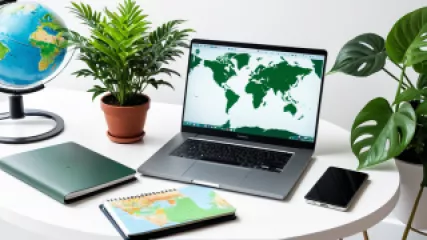Gender Identity Acceptance: An Empowering Interview
1 year ago
Gender Identity
The Ultimate Guide to Mastering Social Skills
1 year ago
Social Skills Training
Empirical Insights: Effective Virtual Anger Management Coaching
1 year ago
Anger Management
Why Psychological Safety is Essential for a Thriving Workplace
1 year ago
Psychological Safety at Work
The Ultimate Guide to Understanding Gender Identity
1 year ago
Gender Identity
How to Apologize Effectively: A Step-by-Step Guide
1 year ago
Psychology of Apologies
The Importance of Psychological Safety for Creating a Safe Work Environment
1 year ago
Psychological Safety at Work
Effective Holiday Stress Coping Strategies
1 year ago
Handling Holiday Stress
Debunking Common Myths About Imposter Syndrome Help Online
1 year ago
Imposter Syndrome
Embracing Change: My Journey to Enhancing Emotional Flexibility
1 year ago
Developing Emotional Agility
The Impact of Personal Growth on Mental Health Support
1 year ago
Personal Growth
Mastering the Mental Health Challenges of Digital Nomads
1 year ago
Digital Nomad Psychology
Top 10 Social Skills Training Techniques for Professionals
1 year ago
Social Skills Training
How to Prepare for a Social Skills Workshop
1 year ago
Social Skills Training
Mastering Work-Life Balance as a Digital Nomad: A Step-by-Step Guide
1 year ago
Digital Nomad Psychology















